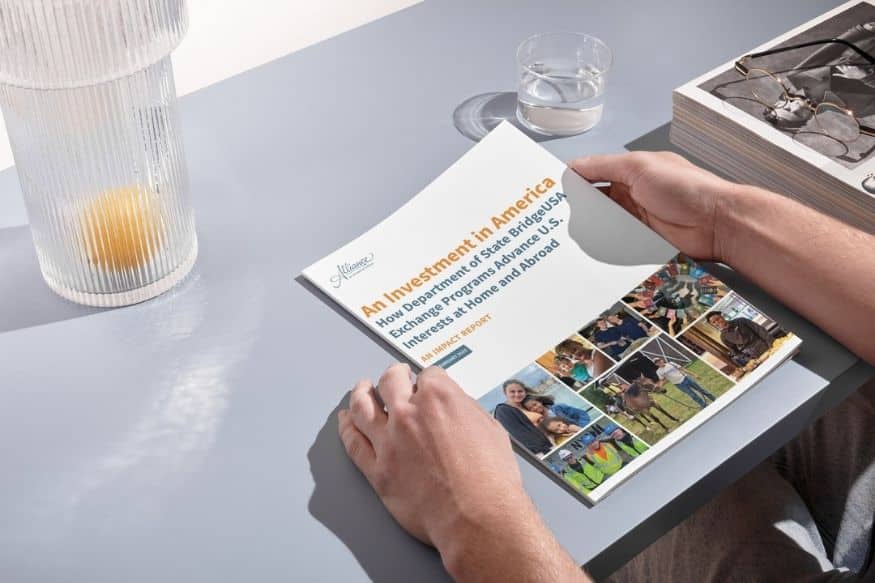Hello, my name is Jakelynn!
With the help of an InterExchange Christianson Fellowship, I’m in northwest Bali, Indonesia volunteering with Biosphere Foundation for my gap year before college. The organization works with local leaders to “inspire intelligent use of the earth’s natural resources and empower individuals to become leaders in biosphere stewardship.” Working with their Trash Management Team as an International Youth Trash Champion, I’m raising awareness about trash management and championing sustainable waste practices.
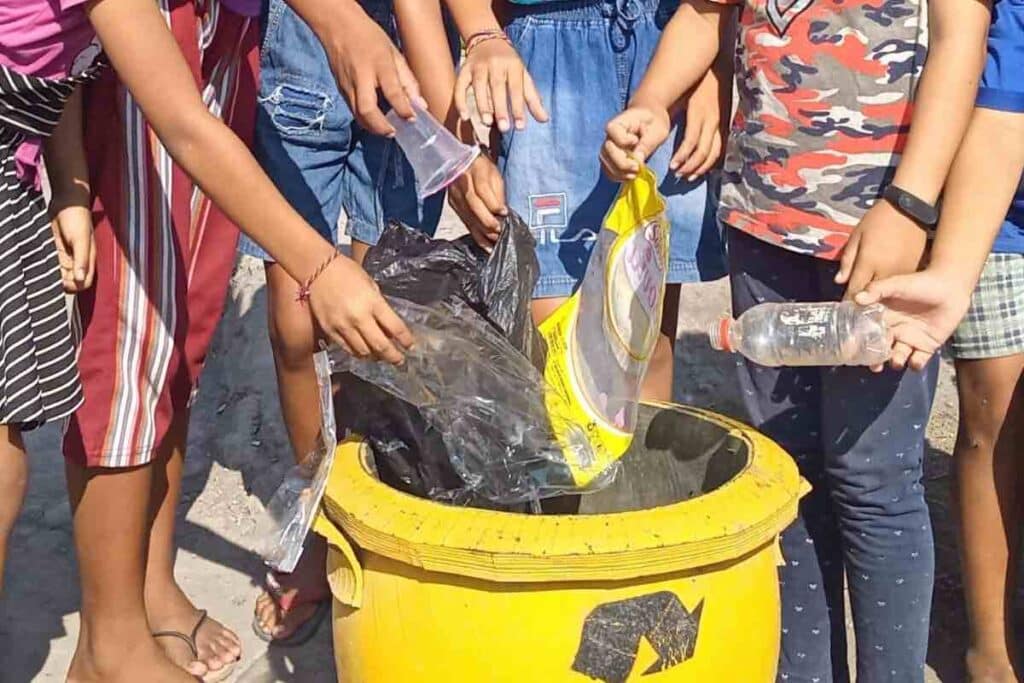
Image courtesy of Jakelynn Wert
The Trash Team is led by Program Coordinator Rosa Bjork Halldorsdottir, with Education Leader Putu Getha, and Local Youth Champion Dwi Arsani. We collaborate with the community organization Pokdarwis with the aim of creating a waste collection program that can be independently maintained by the community after three-years time. As a pilot project, we’re starting with 281 houses, one school, and a collection of businesses in the Batu Ampar neighborhood of Pejarakan Village.
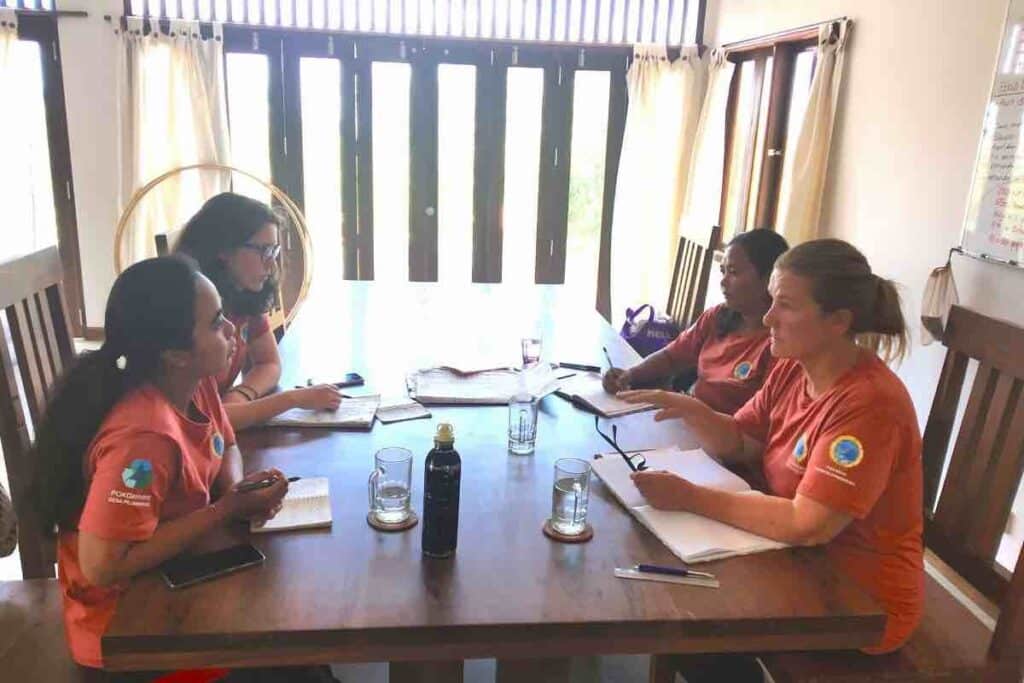
Image courtesy of Jakelynn Wert
Most waste in northwest Bali is burned, scattered, dumped in waterways, or sold to trash collectors, who sort out the valuable waste and dump the rest in an open landfill. The “why” to this situation is nuanced; however, two main contributing factors are lack of infrastructure and little waste education.
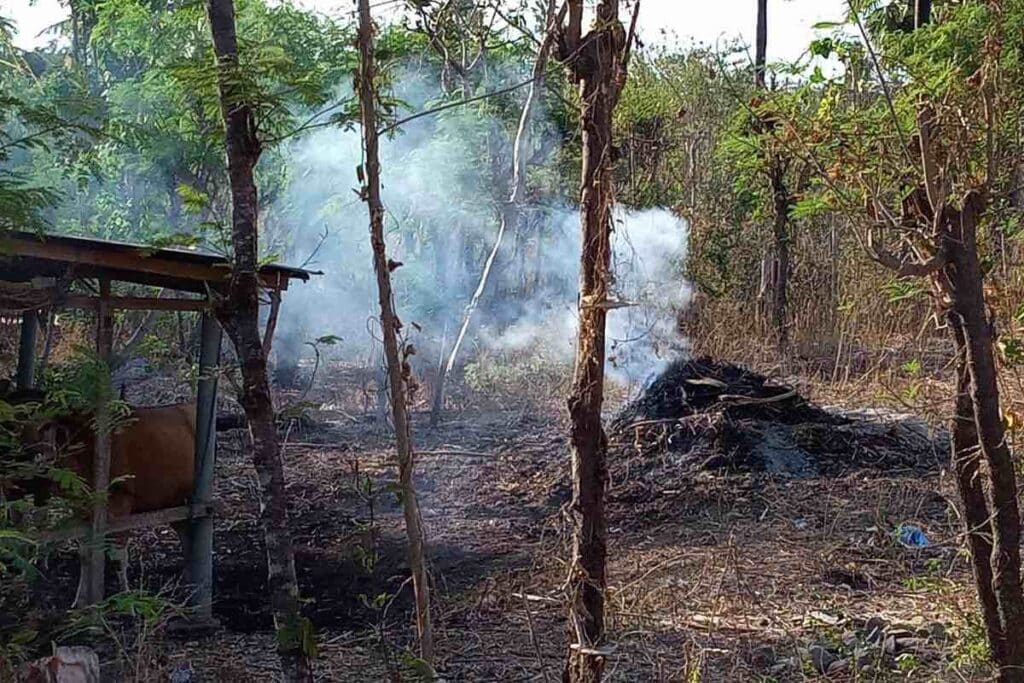
Image courtesy of Jakelynn Wert
The Biosphere Foundation Trash Program and Pokdarwis have already collaborated to create a trash sorting facility, Rumah Pilah, and provide each house with a pair of waste bins.

Image courtesy of Jakelynn Wert
Infrastructure is an important first step, but nothing changes unless the community is invested! A key piece of our education outreach is visiting every house in Batu Ampar, to check-in, review education materials, and ask for feedback on the new waste bin system. Currently, we’re focusing on sorting recycling from trash and reducing single-use plastic.

Image courtesy of Jakelynn Wert
The wealth of new experiences I’ve had visiting households is overwhelming. With each household comes a new perspective of life in northwest Bali, more feedback for the current waste program, and another chance to navigate the language barrier.
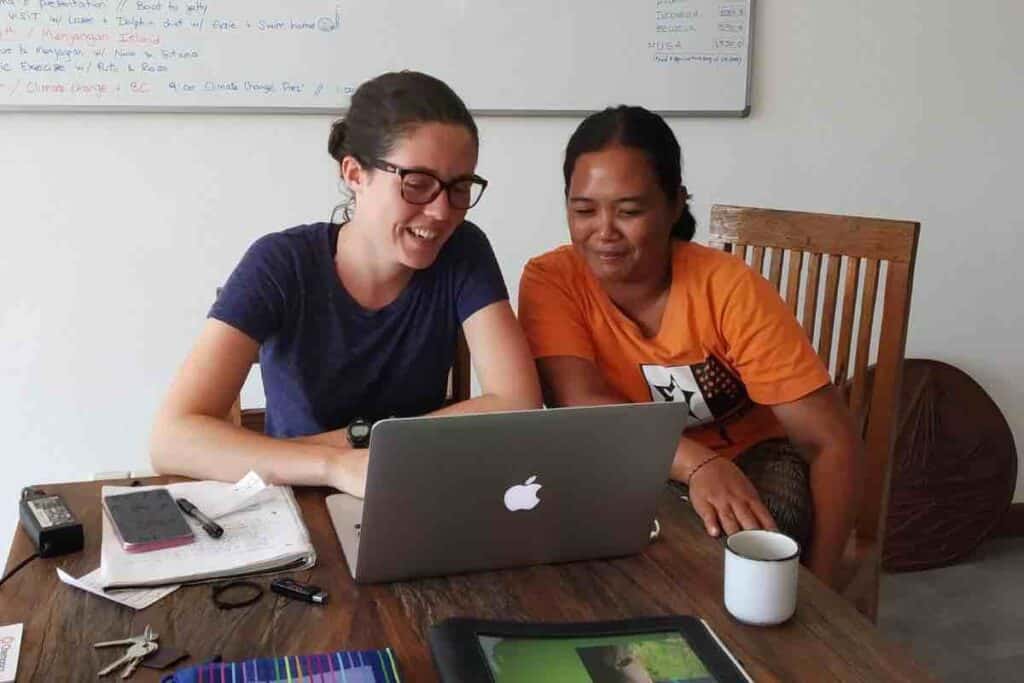
Image courtesy of Jakelynn Wert
As a pilot project, the waste program is a work in progress. The feedback we get from Masyarakat (“the community”) is invaluable in discovering the specific needs this community has for waste management. Understanding the “why” behind challenges, asking for feedback, taking the responses seriously, and working with the resources available are imperative to this process.
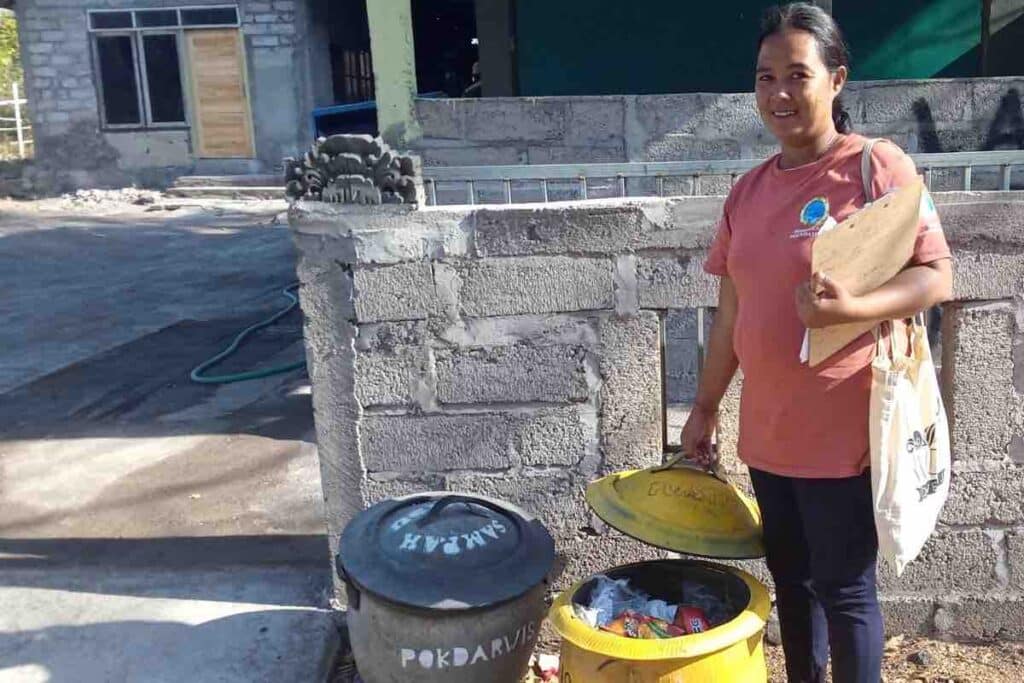
Image courtesy of Jakelynn Wert
Many unsustainable waste methods have different reasoning dependent on the cultural perspective. For example, assuming that people who dump trash in the ocean are unmotivated or hate the environment is counterproductive, as many people in Bali believe the ocean has cleaning properties and gets rid of waste. Although we have evidence that plastic doesn’t truly disappear when thrown in the ocean, understanding the reasoning behind the action is the only way to offer outreach that makes sense.
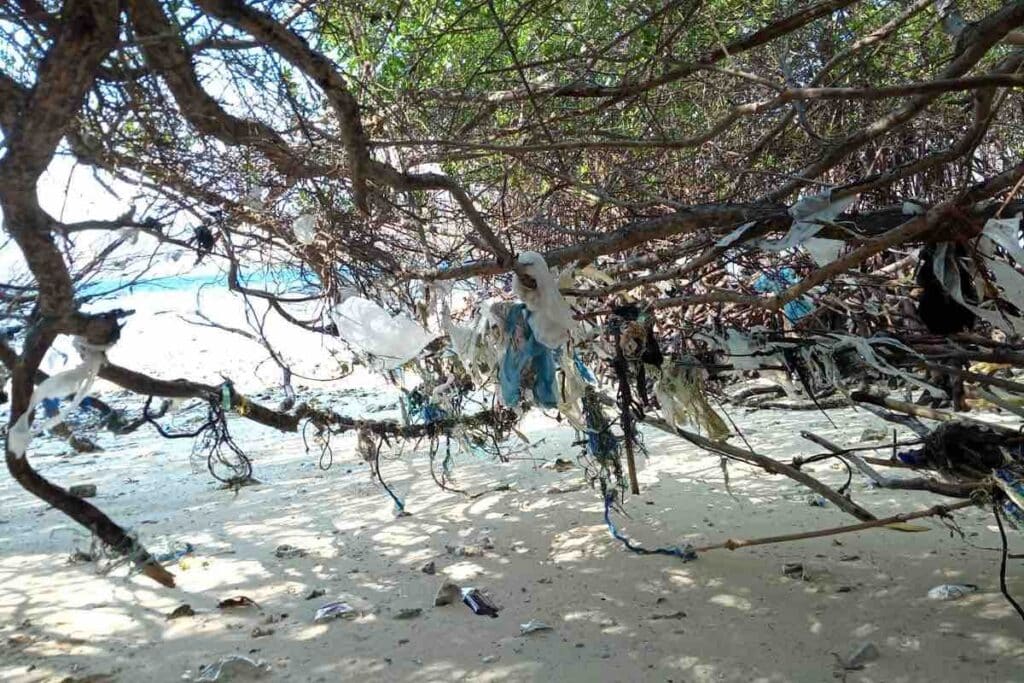
Image courtesy of Jakelynn Wert
This first month and a half has been a whirlwind of meeting people in the community, getting involved with local organizations, and discovering how I fit into the team. Although the transition process has felt slow at times, making these connections is an invaluable part of being and working in a new place. Good relationships with places, people, and organizations grow with time, and I’m experiencing this to be very true here! Sadekit sadikit (“little by little”)!



